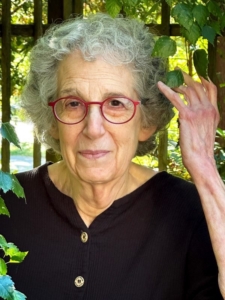Jed Myers, LEARNING TO HOLD
LEARNING TO HOLD, Jed Myers. Wandering Aengus Press, Eastsound, WA, 100 pages, paper, $18.60, https://wanderingaenguspress.com.
I have a soft spot for any book published by Wandering Aengus Press—their publications include the anthology, 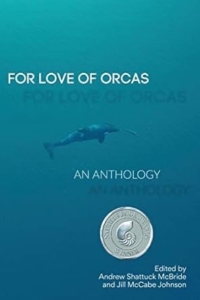 For Love of Orcas, a gorgeous tribute book published in 2019. Jed Myers’s Learning to Hold won the Wandering Aengus Press Editors’ Award, and is another beautifully written, and beautifully wrought book.
For Love of Orcas, a gorgeous tribute book published in 2019. Jed Myers’s Learning to Hold won the Wandering Aengus Press Editors’ Award, and is another beautifully written, and beautifully wrought book.
This was one of my August Sealey-Challenge books. I read it on Amtrak, Portland to Seattle, on August 26. (I know because I used a print-out of my ticket as a bookmark). So, I read it on a journey, and the book is a journey, placing a personal and familial history of war and trauma and healing into a larger context. Yes, the world is a bloody mess, but this book tells us, with the tenderness of a father reassuring a child: “Don’t let go now.”
When I opened Learning to Hold this morning, this poem leapt out at me. It’s a wonderful antidote for election anxiety.
A Prayer
A cormorant crosses a harbor low,
wings’ pulse keeping an air pillow
on the bird’s shadow, that black
belly a steady few inches aloft.I know a soft blaze glows
in that dark fuselage. Fine fire courses
a delicate wire web to maintain
the arcane mechanics of constantlift. A nameless attunement
in that sleek breast resets the ratio
heartbeat to wingbeat, pump’s clap
matching the instant’s requirement.The fire’s quiet, discrete. We spread
our flame out in whatever gods’ name.
Our heat breaches containment.
We spark the wind with bright sticks.I watch from an edge of the land
we’ve lit. I see the cormorant
reach a buoy and stand, wings held
wide to the air, a trusting, a prayer.—Jed Myers
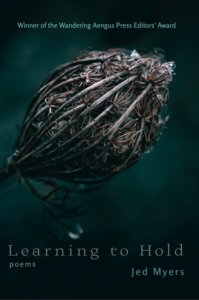 Jed Myers is the editor of Bracken, and a major player in the (marvelous) Seattle music and poetry open-mic, Easy Speak. Learning to Hold is his third full-length book of poems. You can learn more about Myers at his book page at Wandering Aengus or at his personal website. You can find my blog review of his first book, Watching the Perseids, here.
Jed Myers is the editor of Bracken, and a major player in the (marvelous) Seattle music and poetry open-mic, Easy Speak. Learning to Hold is his third full-length book of poems. You can learn more about Myers at his book page at Wandering Aengus or at his personal website. You can find my blog review of his first book, Watching the Perseids, here.

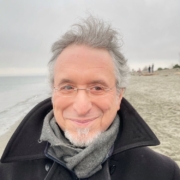

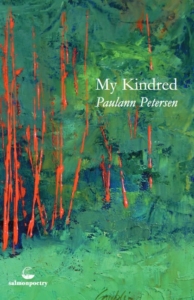 Petersen has an impressive biography, including being the Oregon poet laureate. I am indebted to Olympia Poetry Network’s
Petersen has an impressive biography, including being the Oregon poet laureate. I am indebted to Olympia Poetry Network’s 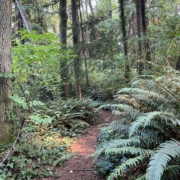
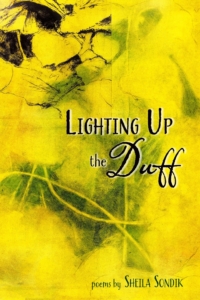 $14.00,
$14.00, 